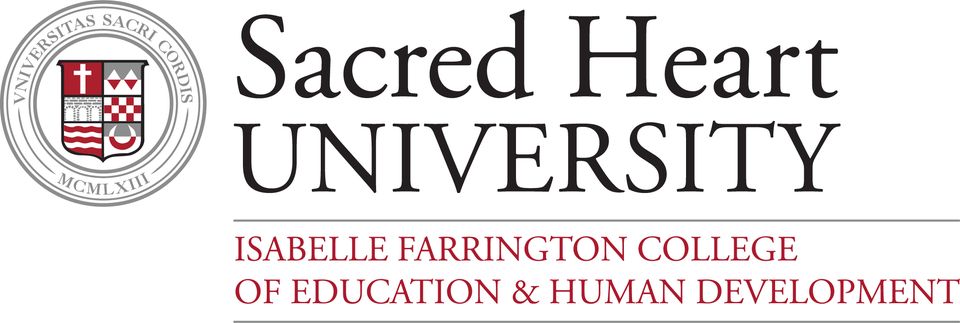Document Type
Peer-Reviewed Article
Publication Date
2010
Abstract
Variation in policies virtual schools use to calculate course completion and retention rates impacts the comparability of these quality metrics. This study surveyed 159 U.S. virtual schools examining the variability in trial period and course completion policies--two policies that affect course completion rates. Of the 86 respondents, almost 70% had trial periods that varied from 1 day to 185 days. Course completion definitions varied from remaining in the course irrespective of the final grade to receiving an A- in the course. Such wide variation renders the completion and retention rate metrics useless. We recommend virtual schools adopt consistent measures for calculating student retention to allow meaningful comparisons among virtual schools and between virtual and brick-and-mortar schools.
DOI
10.1080/08923640903529295
Recommended Citation
Hawkins, Abigail and Barbour, Michael K., "U.S. Virtual School Trial Period and Course Completion Policy Study" (2010). Education Faculty Publications. 155.
https://digitalcommons.sacredheart.edu/ced_fac/155
Included in
Educational Assessment, Evaluation, and Research Commons, Online and Distance Education Commons



Comments
"This is an Author’s Original Manuscript of an article published by Taylor & Francis Group in American Journal of Distance Education 22 Feb 2010, available online.
Hawkins, Abigail, Barbour, Michael K. "U.S. Virtual School Trial Period and Course Completion Policy Study." American Journal of Distance Education 24.1 (2010): 5-20.
At the time of publication Michael Barbour was affiliated with Wayne State University.